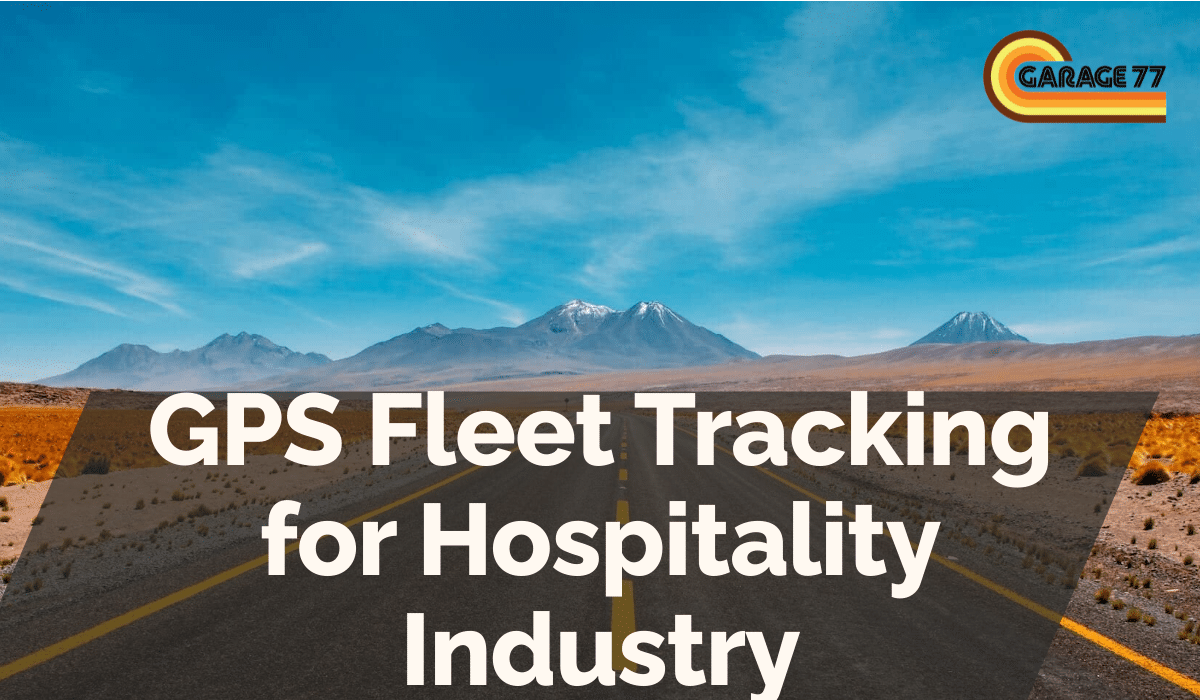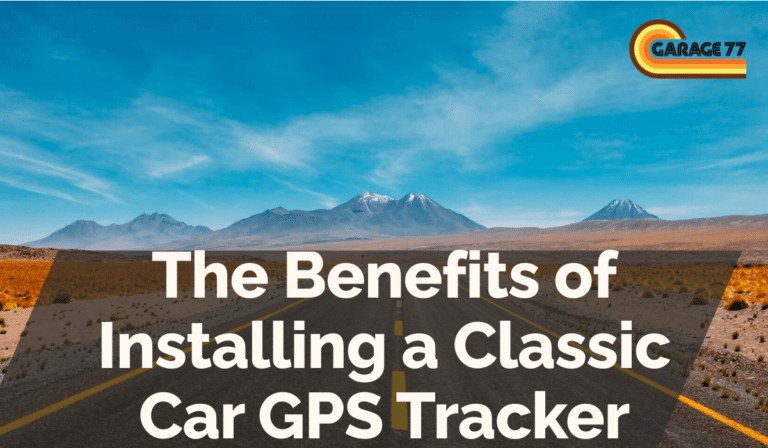The hospitality industry is a vast and complex web of businesses that serve customers and guests. They are tasked with ensuring that their guests have a comfortable and enjoyable experience. However, managing a hotel, restaurant, or any other hospitality business comes with its own set of challenges. One of the most significant challenges is managing a large fleet of vehicles. This challenge can add up to a lot of expenses if not managed well. GPS fleet tracking technology has become increasingly popular in recent years, and many businesses in the hospitality industry are turning to it to improve their operations.
What is GPS Fleet Tracking?
GPS fleet tracking is a technology that allows businesses to monitor and track their vehicles in real-time using GPS technology. Businesses can use GPS tracking devices to track the location, speed, and movement of their vehicles. The technology allows companies to collect data on their fleet’s performance, including driver behavior and fuel consumption. This data can be analyzed to improve operations, reduce costs, and increase efficiency.
Benefits of GPS Fleet Tracking for Hospitality Industry
Improved Route Planning and Navigation
One of the main benefits of GPS fleet tracking technology is improved route planning and navigation. Businesses in the hospitality industry can use GPS technology to plan routes for their vehicles and ensure that they take the most efficient route possible. This can help reduce travel time, fuel costs and avoid traffic jams.
Real-Time Monitoring of Vehicles
GPS fleet tracking allows businesses to monitor their vehicles’ location, movement, and speed in real-time. This information can help businesses to identify any issues that may arise, such as vehicle breakdowns or accidents, and take the necessary action. Additionally, businesses can use the data to optimize their operations and improve customer service.
Improved Driver Behavior
GPS fleet tracking technology can help improve driver behavior by monitoring their driving habits, including speeding, idling, and harsh braking. This data can be used to create driver training programs that focus on safe driving practices and reducing fuel consumption. Safer driving practices also reduce the likelihood of accidents, which can be costly for hospitality businesses.
Better Fuel Management
Fuel is one of the most significant expenses for businesses in the hospitality industry. GPS fleet tracking technology allows businesses to monitor their vehicles’ fuel consumption and identify any issues that may cause excessive fuel consumption. For example, businesses can identify vehicles that have low fuel efficiency and take measures to improve fuel economy.
Frequently Asked Questions (FAQs)
What is the cost of GPS Fleet Tracking technology?
The cost of GPS fleet tracking technology varies depending on the number of vehicles being tracked and the features included. Some basic GPS tracking systems cost as little as $15 per vehicle per month, while more advanced systems can cost upwards of $50 per vehicle per month.
Is GPS Fleet Tracking technology easy to install?
GPS fleet tracking technology is relatively easy to install. Tracking devices can be easily installed in a vehicle’s OBD port or connected to the vehicle’s battery. Many tracking devices are plug-and-play and can be installed in minutes without the need for professional installation.
Can GPS Fleet Tracking technology help reduce insurance premiums?
Yes, GPS fleet tracking technology can help reduce insurance premiums by improving driver behavior, reducing accidents, and helping businesses to identify and address potential risks before they become a problem. Insurance companies also offer discounts to businesses that use GPS tracking technology to manage their fleet.
Conclusion
GPS fleet tracking technology has become increasingly popular in the hospitality industry, offering a range of benefits to businesses from improved route planning and navigation to better fuel management. Hospitality businesses can use GPS tracking devices to monitor their vehicles in real-time, improve driver behavior, and reduce costs. At the same time, GPS fleet tracking technology can help businesses to optimize their operations, increase efficiency, and provide better customer service.







